The Abraham Accords must be extended with the Solomonic Pact:
Israel and Lebanon are cousins: genetically, culturally, historically, & linguistically. Warm relations between them are attested over 3,000 years. The brotherly pact between King Solomon and King Hiram is the Bible’s paradigm example of a win-win and neighborliness.
So, let’s revive the Solomon-Hiram Pact.
After fifty years of civil war and Iranian attempts to use Lebanese territory as a cudgel against Israel, there is little left in Lebanon to fight over. This presents an opportunity for everyone, except Iran and their allies, who dream not of peace in the Middle East, but of a Judenrein (and Christian free) Middle East.
In 1,000 BCE, coastal Lebanon was home to the Phoenicians, a trading nation by necessity. With minimal land suitable for farming, they were situated in coastal towns hemmed between the sea and impenetrable forested mountains.
They grew rich by farming murex snails, from which they extracted the renowned Tyrian purple dye, and dominated Mediterranean trade by transforming their majestic cedar forests into fleets of ships.
But food was always a problem, given their limited farmland. Solomon’s grain and olive oil for cedarwood deal was a win-win. The relatively scrawny trees of ancient Israel were no match for the mighty cedars from the north, which were critical for the spans of the impressive buildings Solomon envisioned for his kingdom. The Book of Kings goes into elaborate detail to underscore the point: “Israel’s glory comes via peace.”
The same is true today, Lebanon lacks nearly everything. Israel can help.
Solomon and Hiram would likely have been able to converse with relative ease. The Phoenician language and Hebrew are closely related.
A Hebrew speaker can recognize that the name of the most famous Phoenician (Carthage was a Phoenician city), Hannibal, means “The grace of [the god] Ba’al.”
Genetically, the people of Lebanon and the Jews are very close. Closer even to each other than Jews are to the original Arabs of the West Bank, many of whom, if not most, descend from Jews who converted to Islam—some (as in the village of Yatta) within living memory. Certainly, the Lebanese Shia are closer in ancestry to Jews than their are to their Persian coreligionists.
Lebanon has been hijacked by Iran, which has exploited the loyalty of the local Shia population to further fracture society and weaponize it against Israel.
Donald Trump has two sons-in-law: one, Jared Kushner, a Jew; the other, Michael Boulos, the son of a Christian Lebanese-American billionaire. Can they bring together these peoples, who have no reason to fight and so much to gain from peace?
Will it be possible in ten years to get on a train on Allenby Street in Tel Aviv and arrive two hours later on Allenby Street in Beirut?
Will Jewish tourists again vacation at kosher hotels on Lebanon’s majestic coast, as they once did in the 1930s?
Will impoverished Shia villagers in Lebanon once again support their families by working in Israel, as they did in the 1980s and 1990s, until “peace” broke out after Ehud Barak’s withdrawal and the abandonment of South Lebanon to Hezbollah?
Lebanon and Israel have nothing to fight about once Iran is gone. Lebanon is broke, has lost 25% of its population since 2019, and is now one of the most challenging places to live in the world.
It shares a natural gas field with Israel, a neighbor with three times its population and thirty times its GDP. Israel’s currency reserves alone are twenty times Lebanon’s total GDP for last year.
Most of all, the Lebanese and the Israelis have so much in common. All the Lebanese I have known (even those harboring some residual, low-key antisemitism) are fun-loving people who enjoy partying, arguing, and dancing—perhaps even more than Israelis (though, to be fair, I’ve never met Nassim Taleb, who doesn’t seem to be much fun).
These commonalities, shaped by shared history and blood, make the peace that could come with an Iran-free Lebanon a true and warm peace. It would be the ultimate deal, giving the orchestrator of such a peace the right to justly lament not receiving the Nobel Peace Prize.
Israel and Lebanon have so much in common. They are mutliethnic democracies where East meets West, geographicly and culturally. Iran's Hezbollah turned the most beautiful and richest part of the Middle East into its poorest and most forlorn land. No more ceasefires. Only peace.





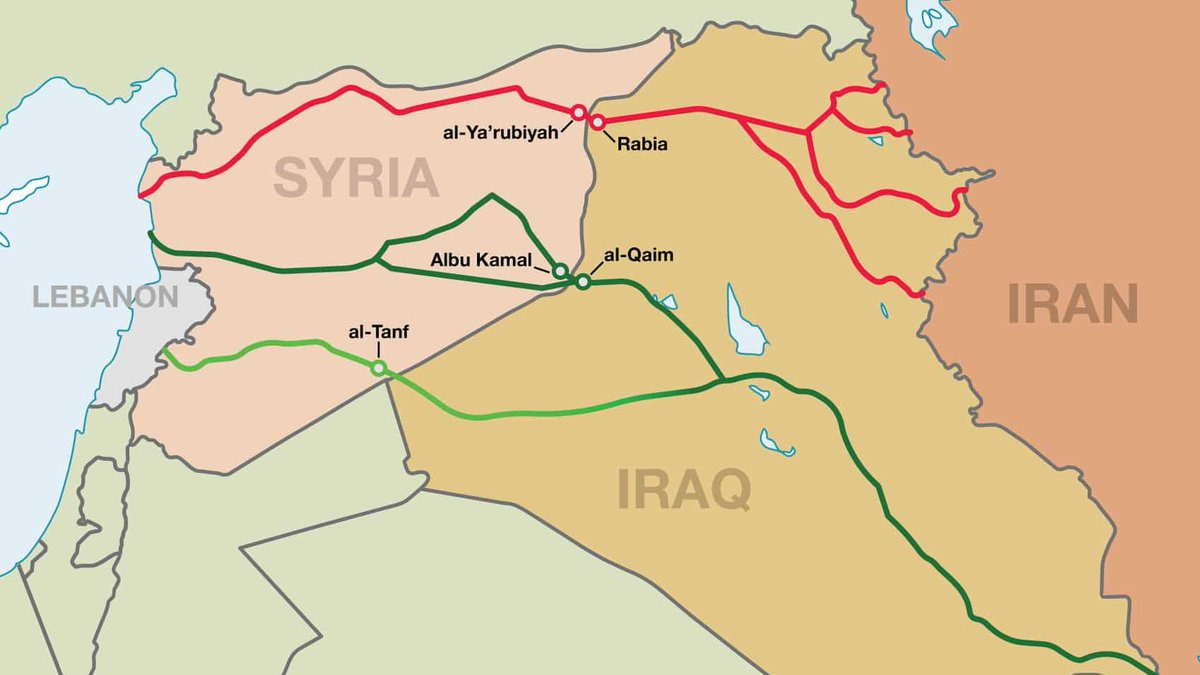
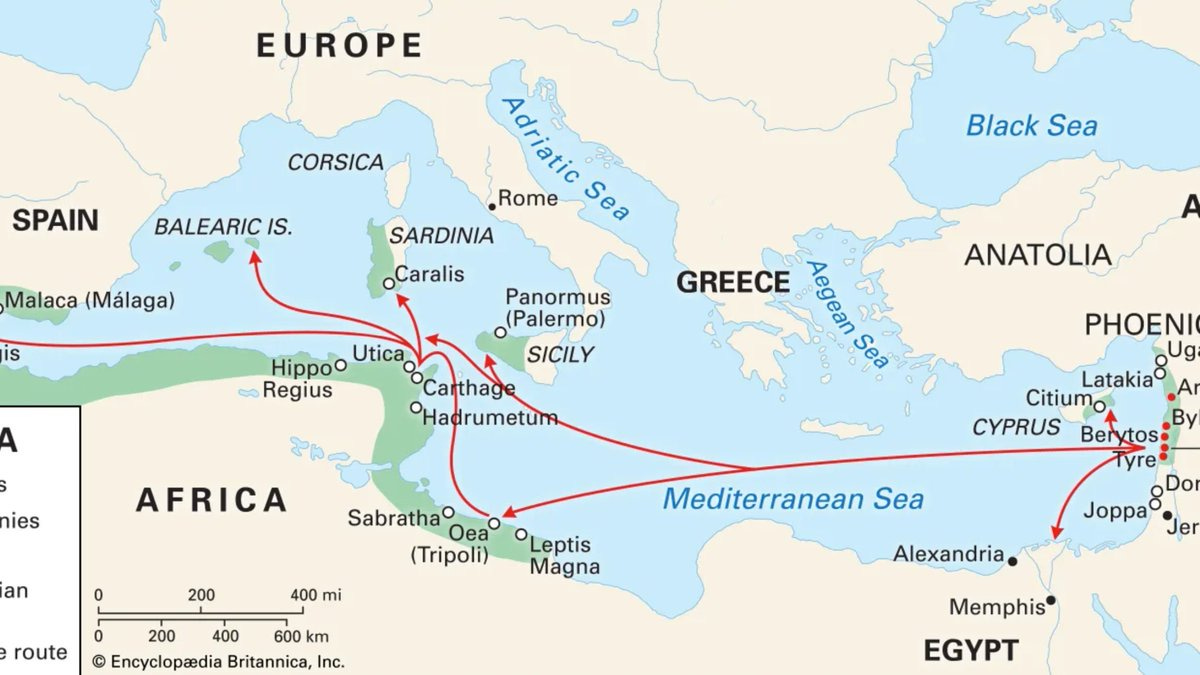
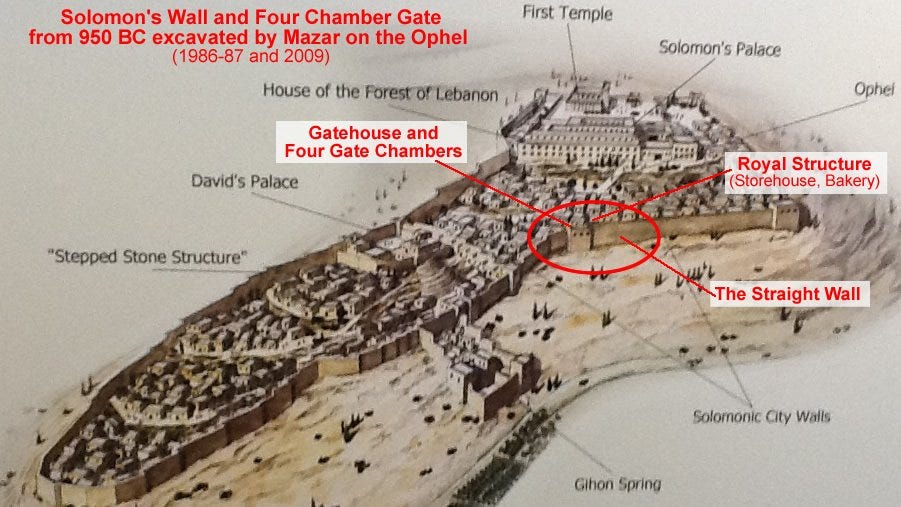
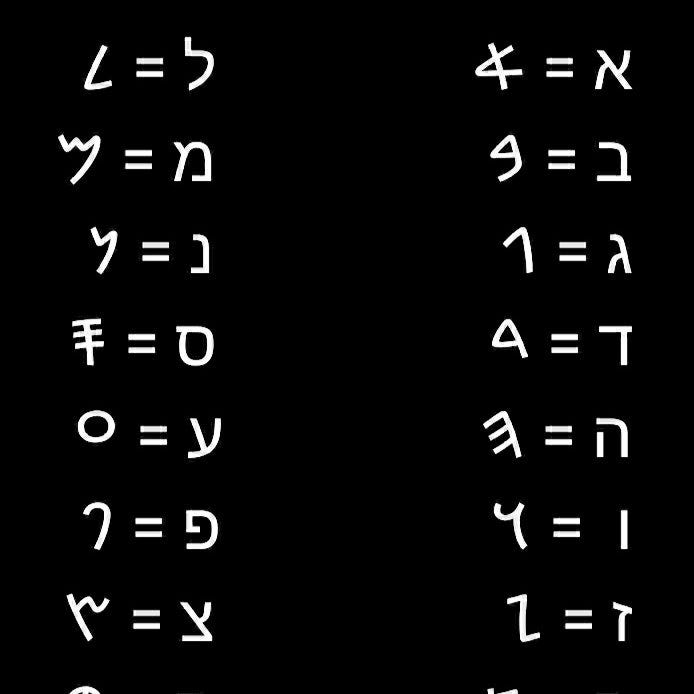
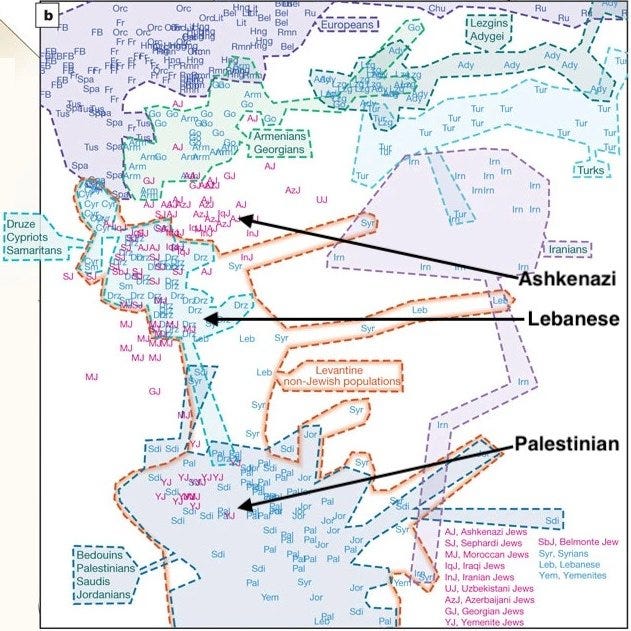
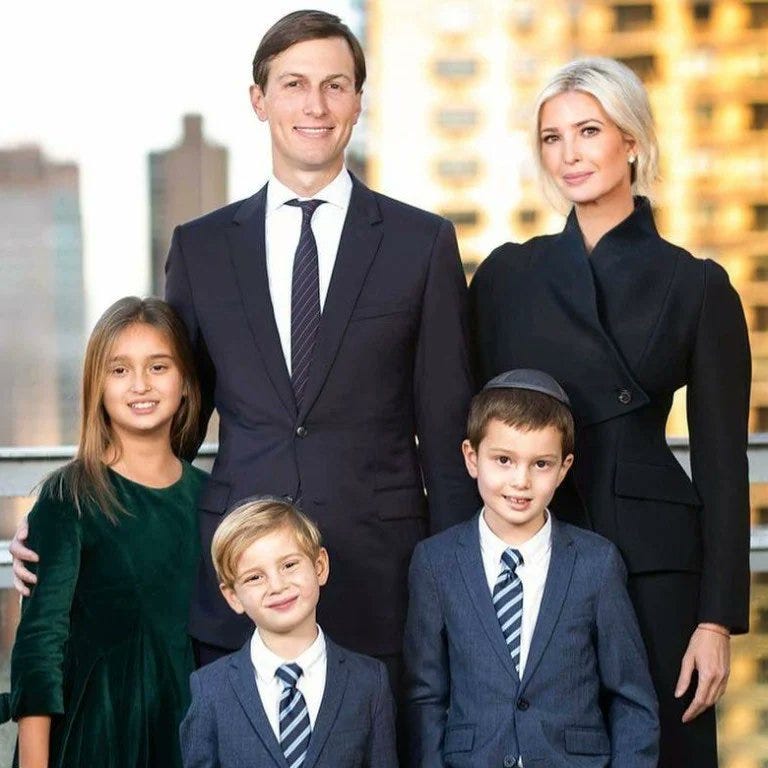
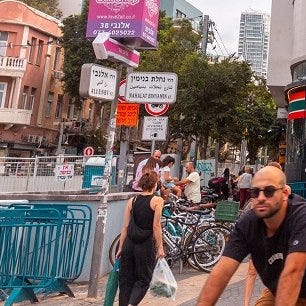
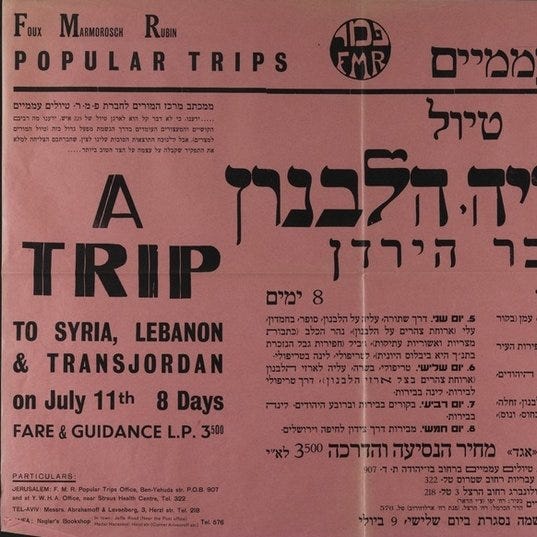
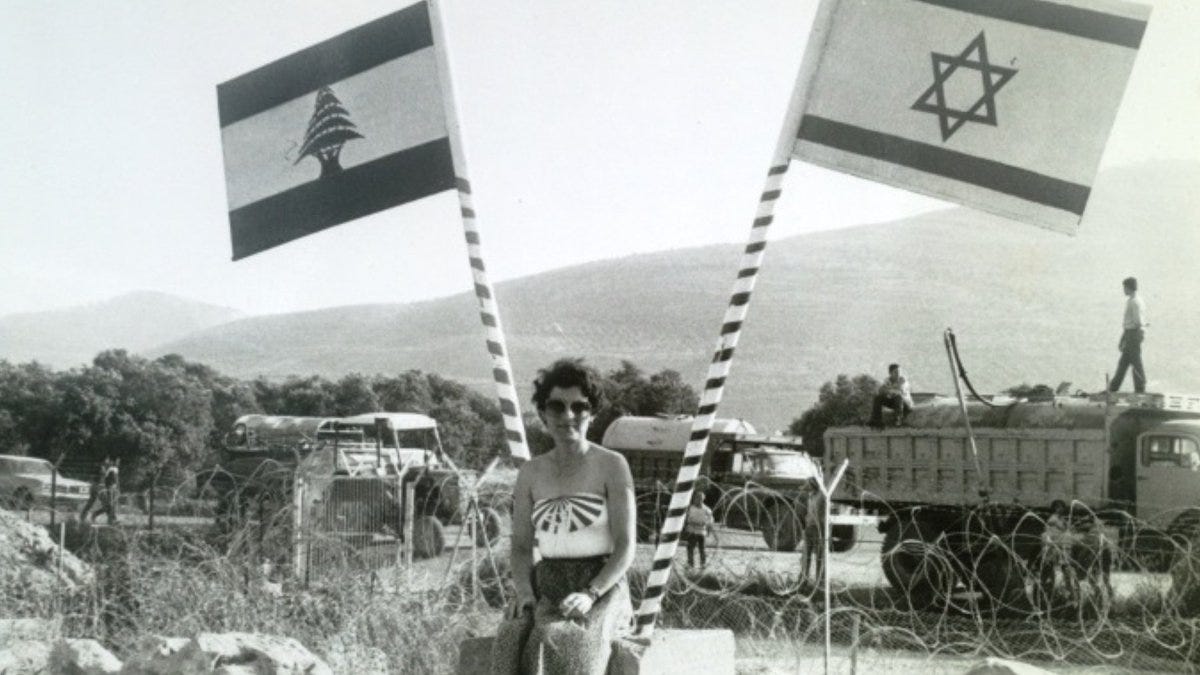
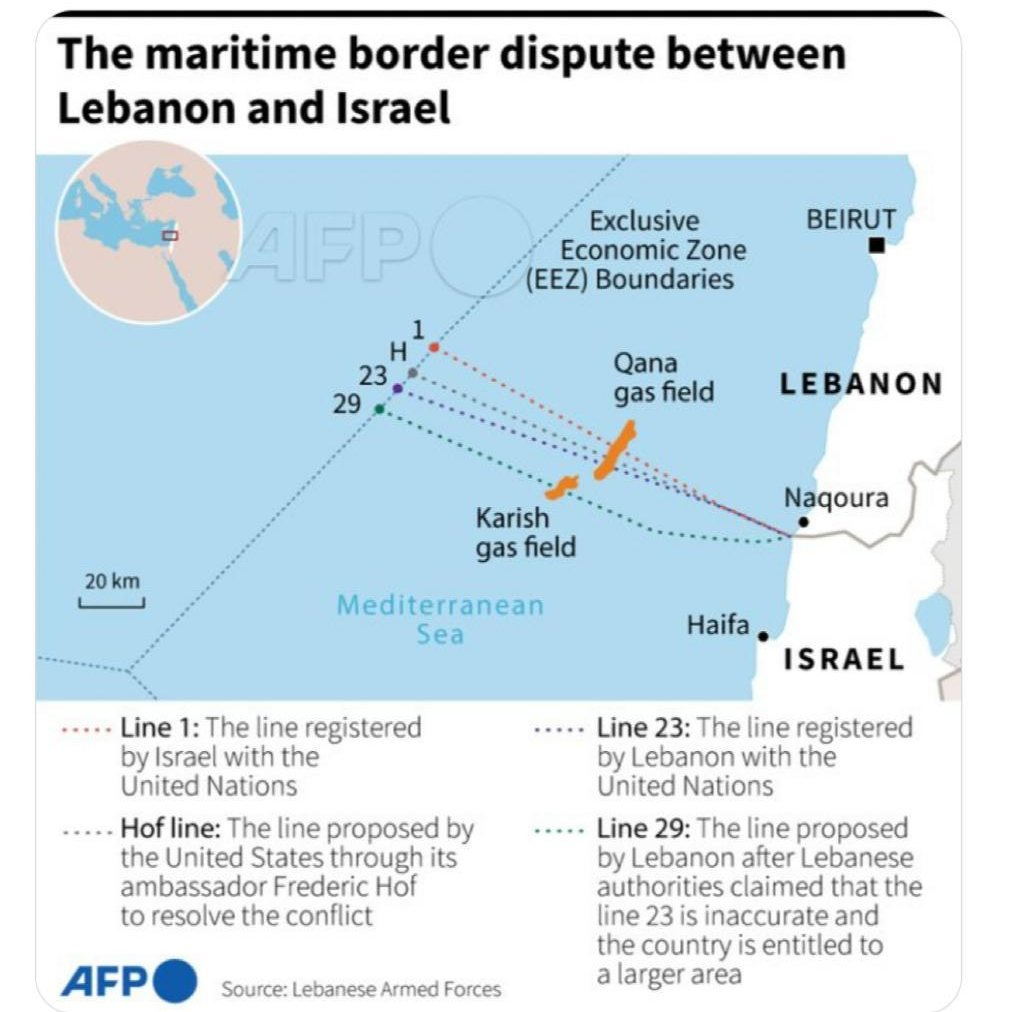
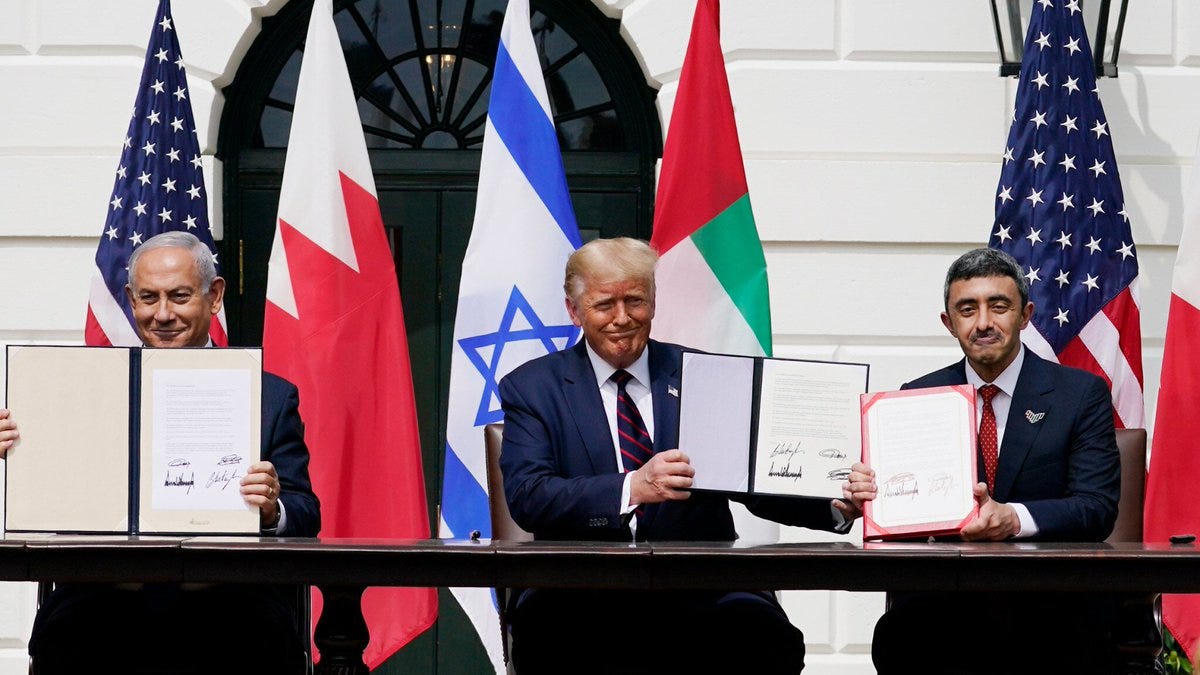
https://www.reddit.com/r/lebanon/comments/1grm8fq/israellebanon_peace_the_solomonic_pact_written_by/